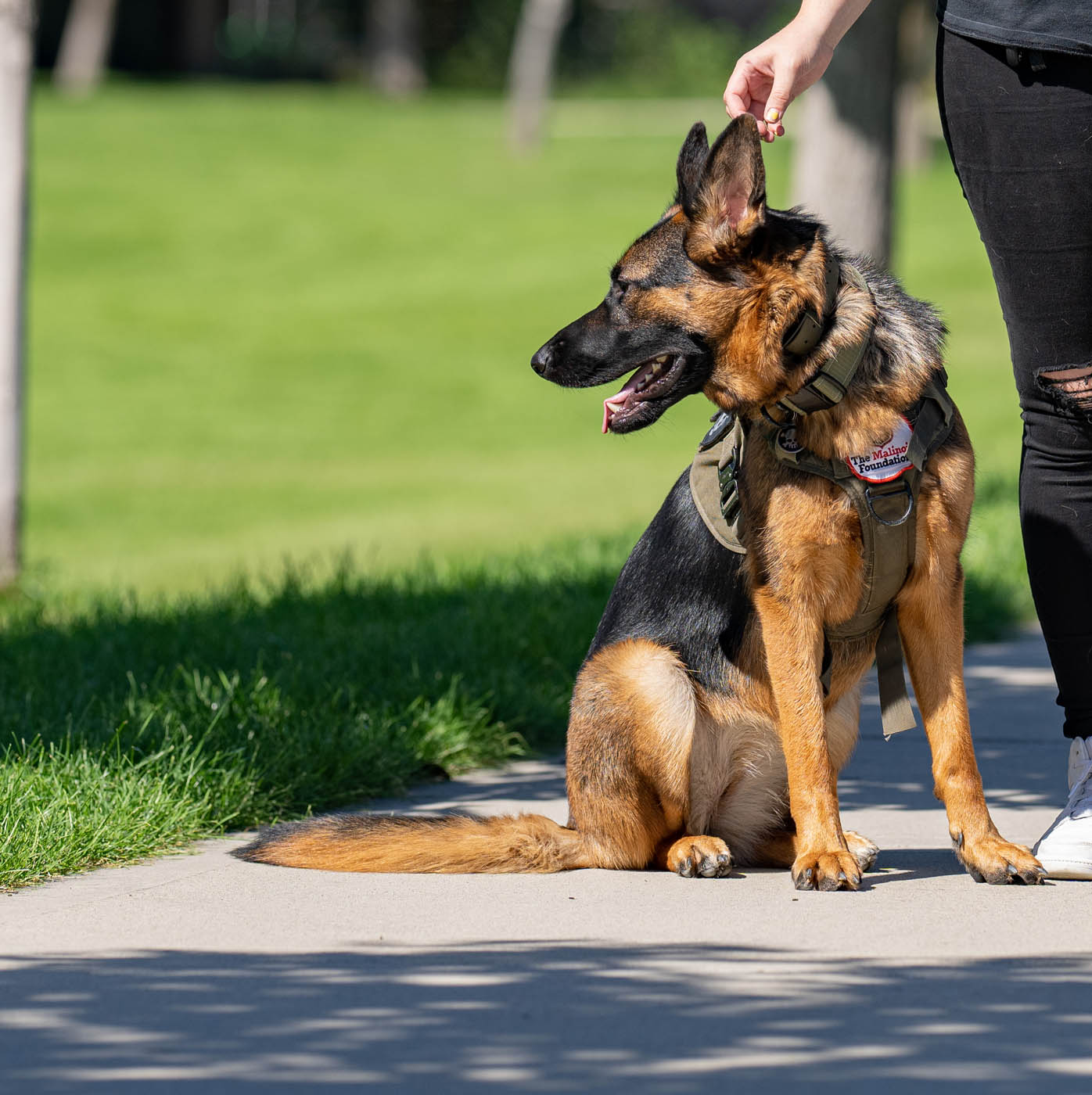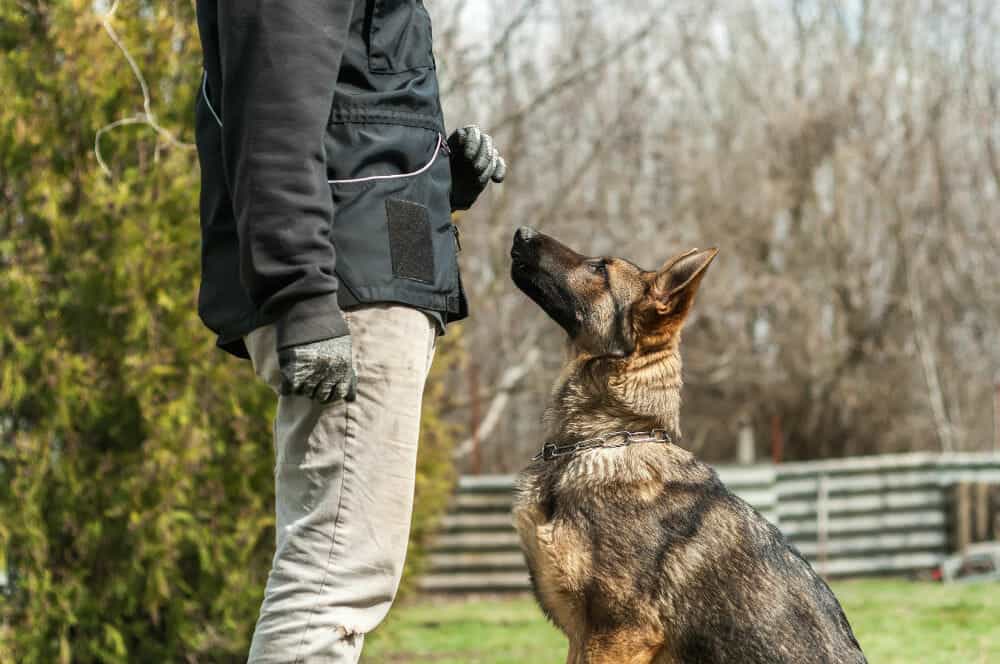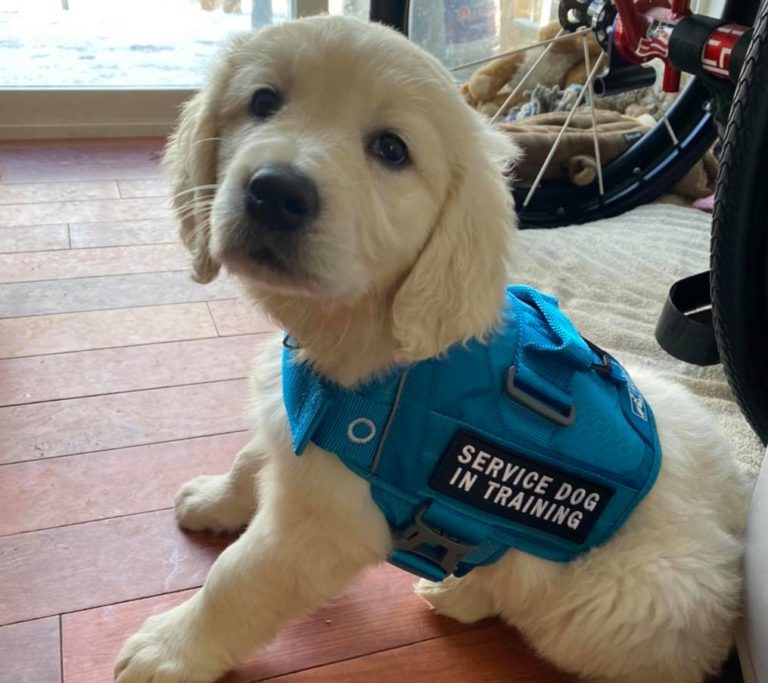Why Dog Training Near Me is Important for Your Canine Companion
Why Dog Training Near Me is Important for Your Canine Companion
Blog Article
Unlock Your Canine's Possible: Proven Pet Dog Training Methods for Success
Effective dog training is a nuanced process that rests on comprehending canine behavior and using scientifically backed approaches. Dog training. By integrating favorable reinforcement, developing clear commands, and focusing on socializing, canine proprietors can cultivate an efficient relationship with their family pets. However, difficulties commonly emerge that require tailored services and a person method. Exploring these shown techniques reveals not only the potential for behavior enhancement yet also the much deeper bond that can be developed in between proprietor and dog. What vital approaches must be considered to genuinely unlock your dog's possibility?
Comprehending Canine Behavior
Understanding canine behavior is important for reliable training and promoting a positive relationship in between dogs and their owners. A detailed grasp of canine body movement, articulations, and social interactions is crucial for acknowledging their needs and feelings. Canines interact primarily through non-verbal hints; as an example, a wagging tail may show exhilaration, while pinned ears can indicate fear or submission.

In addition, ecological aspects play a significant function in shaping a pet's habits. Changes in routine, new environments, or the presence of strange individuals can cause stress and anxiety or anxiety in pet dogs. Recognizing these triggers enables owners to minimize adverse reactions and establish suitable training approaches.
Inevitably, a deep understanding of dog habits lays the foundation for effective training approaches, improving both habits and the overall bond in between the pet dog and its proprietor. dog training charlotte. This expertise is indispensable for fostering a well-adjusted, satisfied canine companion
Favorable Support Strategies
Efficient training relies heavily on positive reinforcement methods, which have actually been revealed to produce substantial lead to forming wanted behaviors in canines. This strategy involves compensating a pet dog for showing certain actions, thereby boosting the probability that these behaviors will certainly be repeated. Incentives can take various types, consisting of deals with, appreciation, toys, or playtime, depending on what encourages the private canine.

It is necessary to gradually terminate rewards as the pet learns the habits, transitioning to periodic reinforcement. This strategy preserves the habits over time while avoiding reliance on consistent rewards. By focusing on favorable support, fitness instructors can cultivate a trusting connection with their dogs, advertising a healthy and balanced and cooperative training setting that improves general obedience and efficiency.
Establishing Consistent Commands
A basic facet of effective canine training is the establishment of constant commands. Uniformity in commands is critical for effective interaction between the fitness instructor and the canine. When commands are consistent, dogs learn to link details words with desired actions, which speeds up the training process and enhances understanding.
To establish regular commands, it is important that all member of the family make use of the exact same terminology and gestures. As an example, if a single person uses "rest" while one more says "sit down," it can produce complication for the pet dog. Select clear, distinct words for commands and make certain everybody involved in the dog's training abides by these options.
Additionally, her latest blog rep is key. Strengthen commands via frequent practice, making sure that the pet dog obtains ample chances to respond properly. When a pet successfully adheres to a command, instant favorable reinforcement ought to comply with. This might be in the form of deals with, praise, or playtime, solidifying the connection between the action and the command.
Finally, hold your horses. Establishing consistent commands takes time and initiative. With dedication and quality, you will help your pet dog develop a solid understanding of assumptions, eventually leading to a well-behaved buddy.
Socialization and Direct Exposure
Interacting socially a dog is crucial for fostering a positive and well-adjusted friend. This process includes subjecting your dog to a range of settings, people, and various other animals to establish their social skills and versatility. Early socializing, ideally in between the ages of 3 to fourteen weeks, is important, as it lays the foundation for a dog's future actions.
Throughout socialization, objective to give favorable experiences in various settings, such as parks, busy streets, and homes with various other pet dogs. Present your pet dog to various stimulations, consisting of sounds, sights, and scents, ensuring that each experience is gratifying. This exposure helps minimize anxiety and anxiousness, paving the method for an extra resistant dog.
Engaging in controlled group play sessions with various other pets can also improve social skills, showing your pet suitable communications and limits. Always monitor your canine's comfort degree throughout these experiences, gradually boosting exposure as their confidence grows. Keep in mind, the goal is to produce a well-rounded family pet that grows in varied situations, advertising a harmonious connection with both people and various other animals. Focusing on socialization will significantly contribute to your pet dog's general happiness and behavior throughout their life.
Conquering Common Training Obstacles

Pets might struggle to focus in strange or hectic settings. Progressively desensitize your pet to interruptions by starting training in a quiet setting and gradually introducing more stimulations as they end up being skillful.
Furthermore, behavioral issues like leaping or excessive barking can come to be aggravating. Address these by educating alternate actions, such as sitting comfortably when welcoming guests. Uniformity and patience are critical; strengthen preferred actions regularly and stay clear of abuse, which can cause complication.
Lastly, acknowledge that each pet dog rehabilitation near me dog is special, and training timelines might vary. Dressmaker your method to your pet's individual requirements, and look for professional advice if essential. With willpower and the appropriate approaches, overcoming these challenges can result in a well-trained, satisfied canine buddy.
Final Thought
To conclude, opening a canine's possible necessitates a comprehensive strategy that integrates an understanding of canine behavior, the application of positive support strategies, and the try here facility of constant commands. Early socialization and exposure to varied settings even more boost a dog's adaptability and self-confidence. By resolving typical training challenges with customized approaches and perseverance, a participating and harmonious partnership in between pet and handler can be fostered, ultimately leading to a mannerly buddy qualified of growing in different situations.
Efficient pet training is a nuanced process that pivots on comprehending canine habits and employing scientifically backed methods.Recognizing dog habits is important for reliable training and promoting a positive partnership between pet dogs and their proprietors.Effective training relies heavily on favorable support techniques, which have actually been revealed to generate substantial outcomes in shaping preferred habits in pet dogs. When commands are consistent, pet dogs discover to connect details words with preferred behaviors, which accelerates the training process and boosts understanding.
In verdict, unlocking a canine's potential demands a comprehensive strategy that includes an understanding of canine actions, the application of positive support techniques, and the establishment of consistent commands.
Report this page